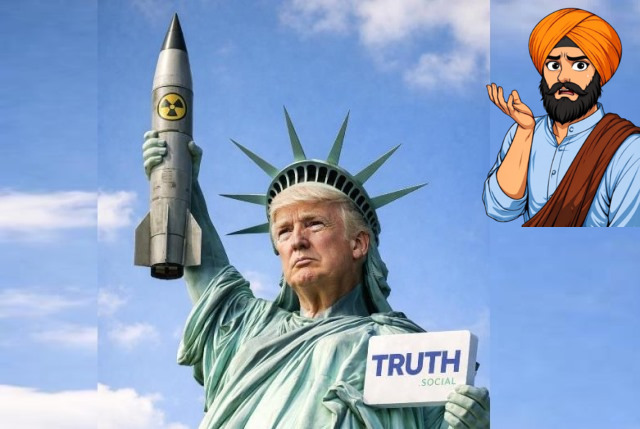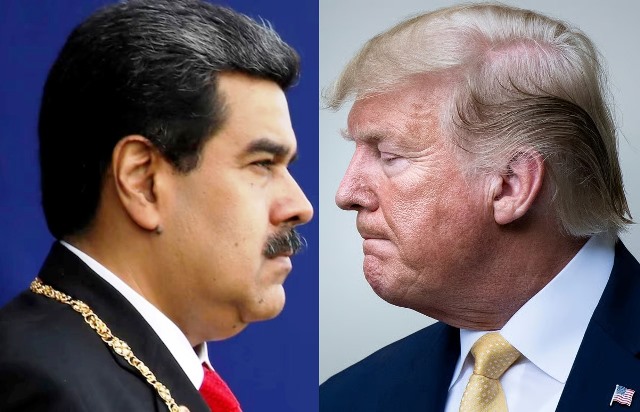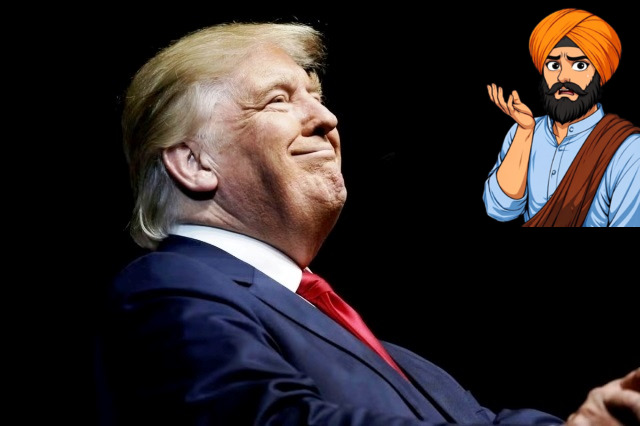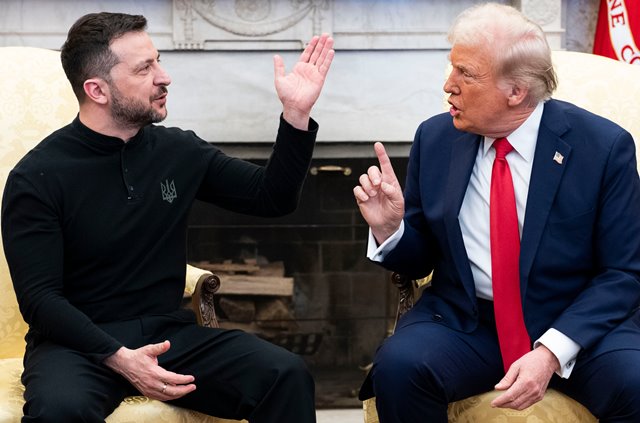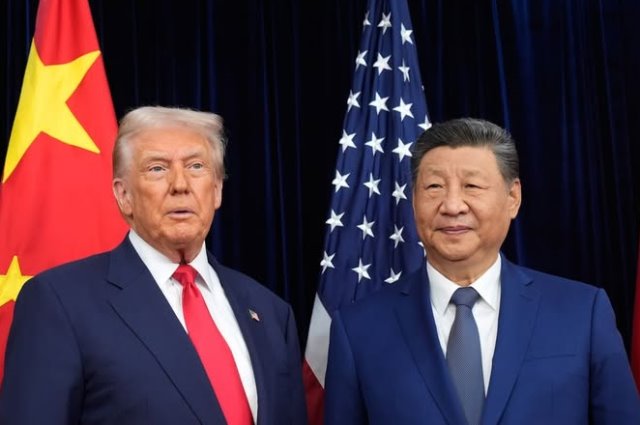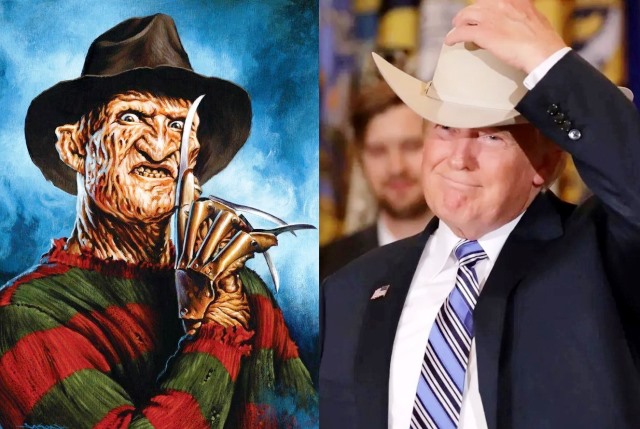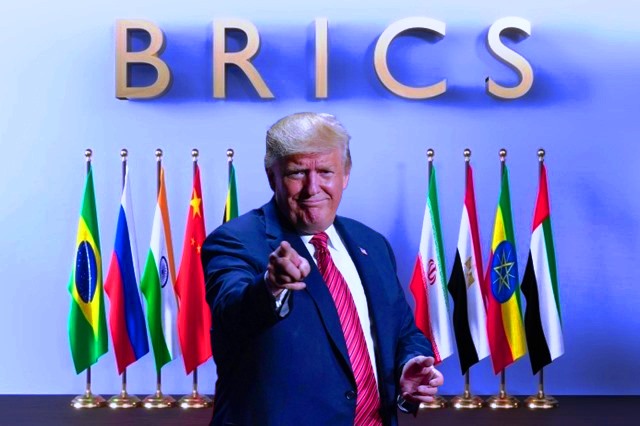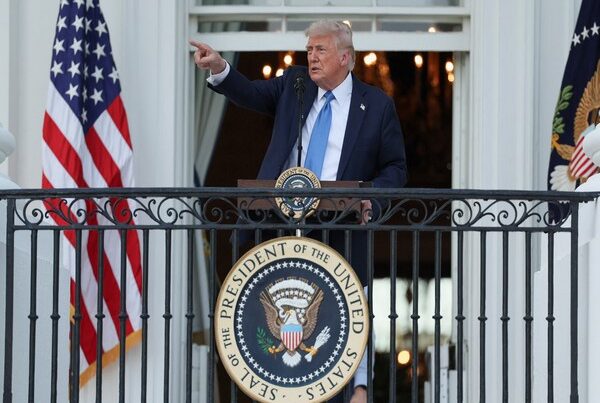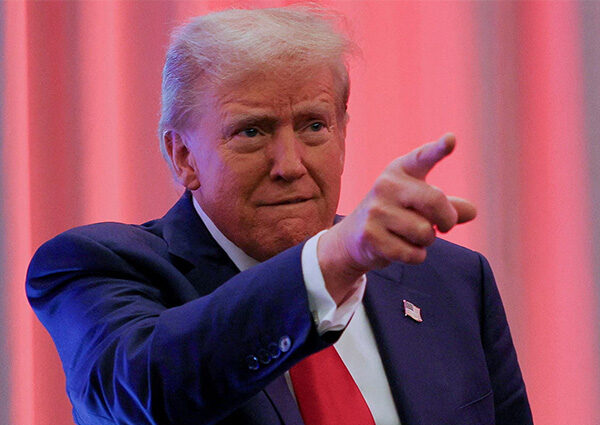Whose conscience should we follow, God’s many messiahs or Trump’s? This is a challenge for our century. Problem with many prophets and holy men was that they didn’t have armies and nuclear weapons at their disposal. So they could not force their values on anyone except their volunteer followers. They had to resort to, ‘if thou dontst followeth my orders, thou shalt be punished in afterlife by Father God’ or something like that. So some souls who walk into the belief paradigm, do follow their commands to hedge their bets, just in case. The arrogant ask, ‘Where is the evidence of this unseen ‘Father’? Believers and unbelievers were born.’
There was Jesus who went around scaring people with the wrath of his Father. Budha just sat under a tree thinking there will be ripples from his mind, the first WiFi enabled transmission of values before Starlight and Jio. There were some holy Rishis in the East who threatened people with reincarnation into a cockroach or mouse or worse a small tuna fish if they didn’t behave. There was Guru Nanak who wandered around in sandals arguing with people to be good or they will remain in darkness. In defiance, man invented electric bulbs.
But there were exceptions. Prophet Mohammed (peace be upon him) gathered an army and forced the population to a wave of ‘corrections’ in the open. And not to forget Krishna who extoled Arjun to force values on his relatives resulting in the greatest war of all, the Mahabharat. After that everything became ash and India is still trying to recover in the age of Kaliyuga (dark age) that followed. As if that wasn’t enough, some Indian politicians threaten another ‘Mahabharata’ when their egos are bruised. That will bring about Kaliyuga for another thousand millennia.
But to outdo them all, is the Nobel seeking modern Messiah, who emergeth as the very own Donald Trump, who has declared in no uncertain terms, ‘I follow no man, I follow no man made rules, I follow no international law’!
With nuclear weapons at his disposal and the holy tablet called Truth Social, he boldly declared ‘I FOLLOW MY OWN CONSCIENCE’. That one sentence has scared most world leaders including the unborn. Trump is not even sourcing his conscience from an unseen Father peering at us from some stratosphere.
Trump the liberator, will decide what is right and what is wrong in the land of plenty (USA) and the world. He will impose it. He has a huge paramilitary gang that he has already sent forth to enforce first of his commandments. ‘Though shall not be an illegal or have history of illegal entry in United States unless thou hast married into my family’. ICE has now thrown many ordinary people out of ‘heaven’ that is USA otherwise also known as a land of crime, mafias and people without Medicaid etc, (is Heaven like that as well?). ICE has thrown the ‘illegals’ into ‘Hell’, which is the world outside the US according to Americans.
The new prophet also has a huge army, nuclear weapons and money. So unlike other prophets in the past, he can impose his conscience with greater precision. He has decided what is good for Venezuela, Gaza and the pacifist Greenland. He has told Canada what is good for them. They need to take baptism into Trumpustan, also known as MAGA land. He has already conveyed his thought to Europe whose own list of commandments that have ruled the world so far are now fast becoming redundant.
Trump’s merry men haven’t yet codified his commandments into a list for mankind to follow. Like true believers who sit at the feet of the divine messiahs waiting for their orders, world leaders await to read the latest message beamed around the world. Like a true Messiah, Trump keeps them guessing.
Messages come at 4 am EST, often contradicting the one he announced yesterday. But this is the thing about otherworldly mystic men. They think in mysterious ways so no one can predict their next announcement. The commandments are written on the tables from Mount White House, not Mount Sinai now. The tablet of the day is Truth Social.
How long will they carry on for? That’s the one big question the tribe of unbelievers in Europe are asking. Prophet Trump will live forever according to his physician. But the laws of still reigning God condemn every mortal to eventual death. Not sure if this applies to the ‘unborn’, as one has to be born to look forward to death. Will the physics of time and space send the messiah Trump into gaga land for a while ( like his arch nemesis, Biden) until departure. Then what!
The world has an uncanny genius to survive all messiahs, such as the good ones like Jesus etc, since people are still sinning, and the bad ones such as Hitler as there are still a lot of people doing good acts. But will the world survive Trump the Liberator! Even the Musk with his Grok cannot answer that. Truly uncertain times. Kaliyuga not going away anytime soon.
